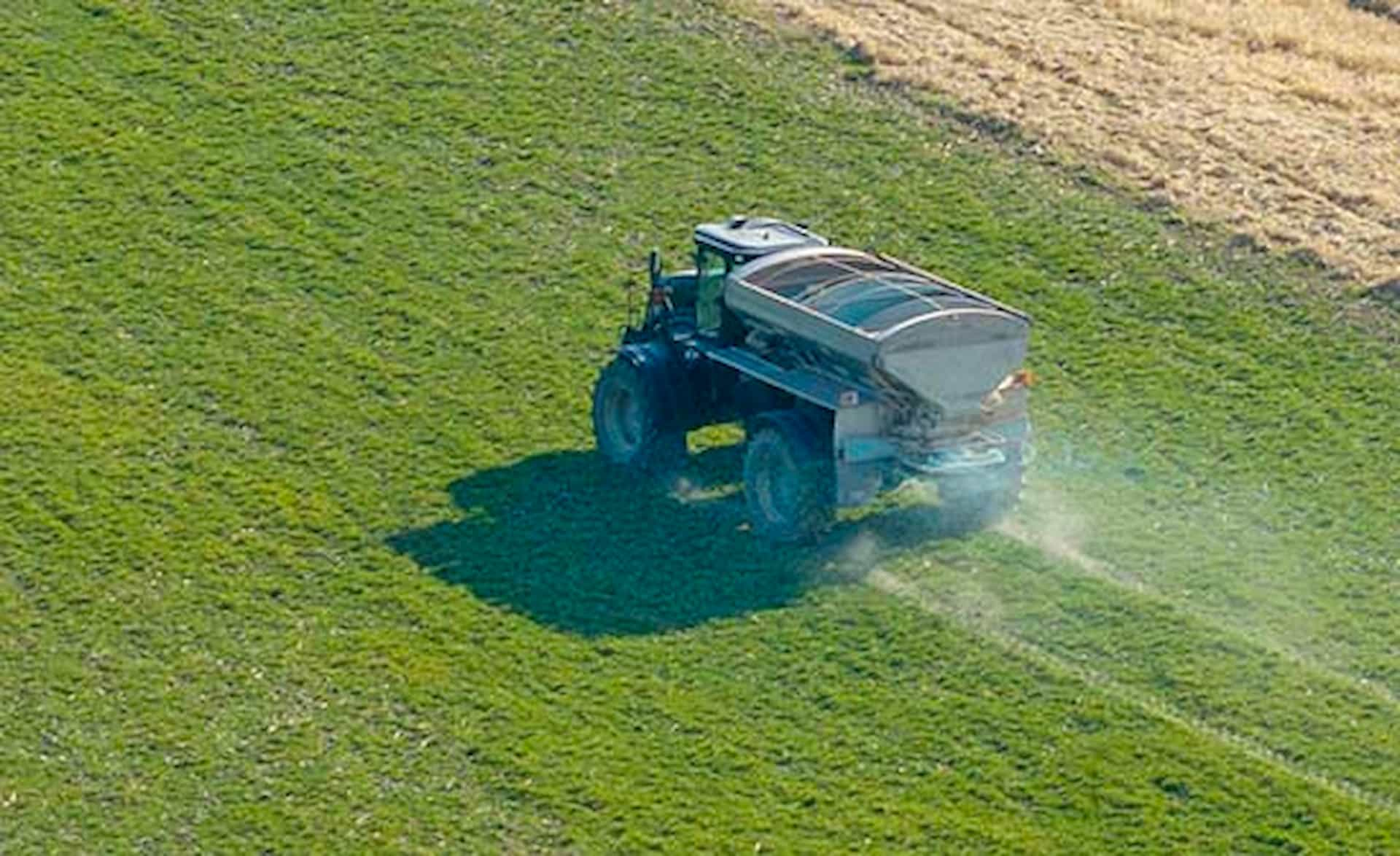Ask an Expert
We can help with whole-farm solutions.
Without a doubt, MFA’s people are our greatest asset. Our skilled and knowledgeable employees have a deep understanding of what today’s producers want and need — whether you’re raising crops, livestock or both.
Our expertise, at your service
MFA’s knowledgeable team provides whole farm solutions
Featured Expert: Scott Wilburn
Scott Wilburn is a senior staff agronomist who works in MFA's Central Region.
More Articles From Scott Wilburn
Featured solution
Q: Do I really need a nitrogen stabilizer?
A: Profitability in today’s market isn’t just about cutting costs—it’s about making intentional, well-informed decisions. Protecting nitrogen with stabilizers is a proven way to preserve yield potential, nutrient value and input investment.

Today’s high-performing fields are achieving nitrogen use efficiency (NUE) levels below 0.85 pound of nitrogen per bushel—a milestone that was considered ambitious just a decade ago. Back then, hitting 1 pound per bushel was a commendable goal, especially when the benchmark hovered around 1.2 pounds per bushel. This progress reflects the power of modern hybrids and agronomic practices.
NUE is a straightforward but powerful metric: it measures how many pounds of nitrogen are applied per acre relative to the yield produced per acre. The lower the number, the more efficiently nitrogen is being used—provided yield goals are met or exceeded. Reaching NUE below 0.85 isn’t accidental. It’s the result of deliberate management and informed fertility decisions. Achieving this level of efficiency starts with protecting the nitrogen applied.
One of the most effective ways to do that is by using a nitrogen stabilizer. This is an input that shouldn’t be cut to save costs. Despite rising nitrogen prices, the nutrient remains vulnerable to loss through volatilization, leaching and denitrification. Skipping stabilizers can lead to substantial yield losses—making it a false economy.
Products such as Centuro, Anvol and SuperU are essential for protecting nitrogen investments and minimizing environmental risk. While stabilizer costs remain relatively flat, the value of the nutrient they protect is higher than ever.
Phosphorus is another essential nutrient that shouldn’t be cut back just to save costs. Phosphorus is critical for root development and energy transfer, and its deficiency can impair the uptake and efficiency of other nutrients like nitrogen and potassium. Skipping phosphorus without understanding baseline fertility levels risks undermining the entire fertility program.
Instead of blanket reductions, MFA producers should tailor nutrient applications based on soil test results, crop removal rates and yield goals. Precision tools like Nutri-Track can help optimize every dollar spent. If soil test levels are below optimum for even one nutrient, achieving efficiency goals will require targeted additions. It's important to recognize that every nutrient plays a role in the fertility chain. A deficiency in one can limit the effectiveness of all others.
Talk with your MFA solutions provider for recommendations specific to your operation
ASK US ANY QUESTIONS
If you have a question related to one of MFA’s products, programs or services, send us a message here. We will direct it to the appropriate expert and get you an answer. If you have specific questions about product availability or pricing at your MFA retail store, contact your MFA representative or use our Store Locator to find information for the location nearest you.